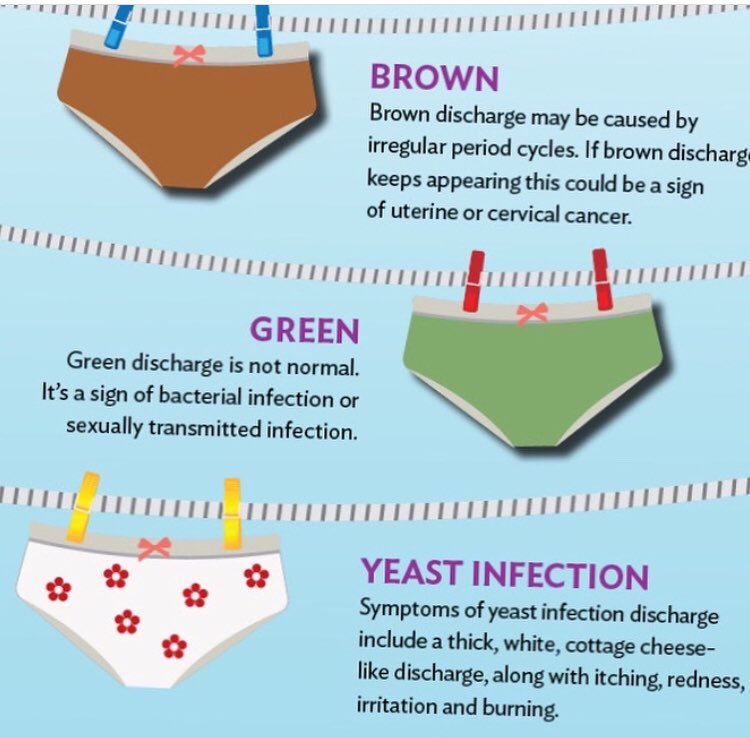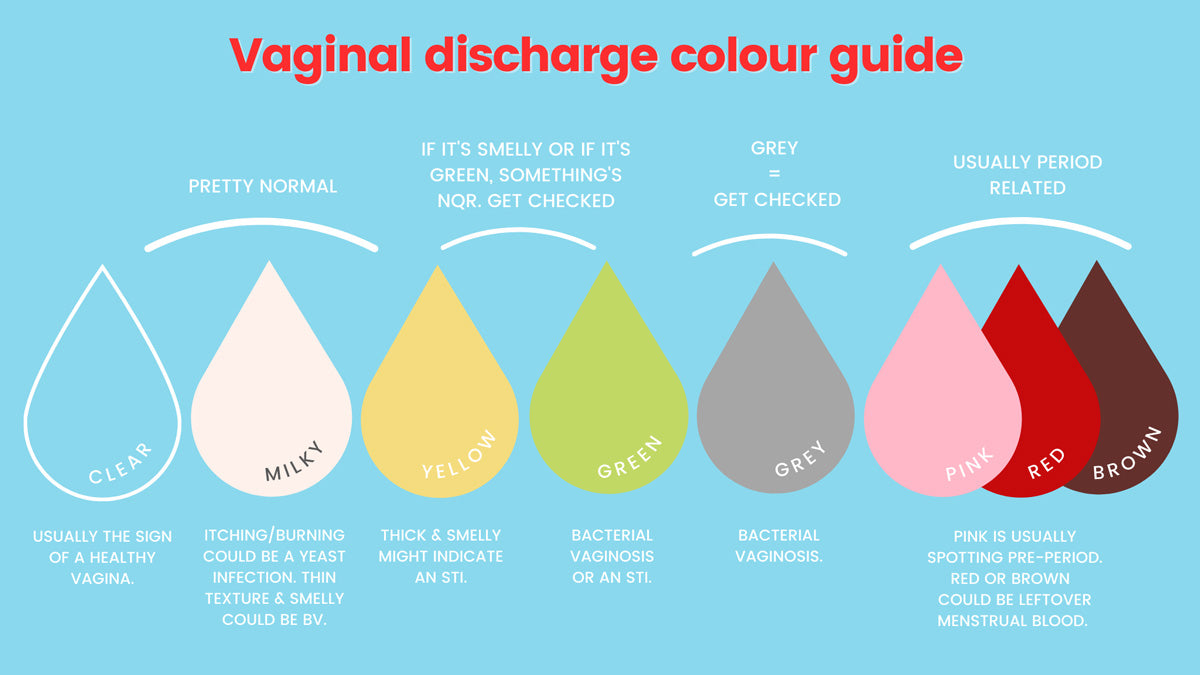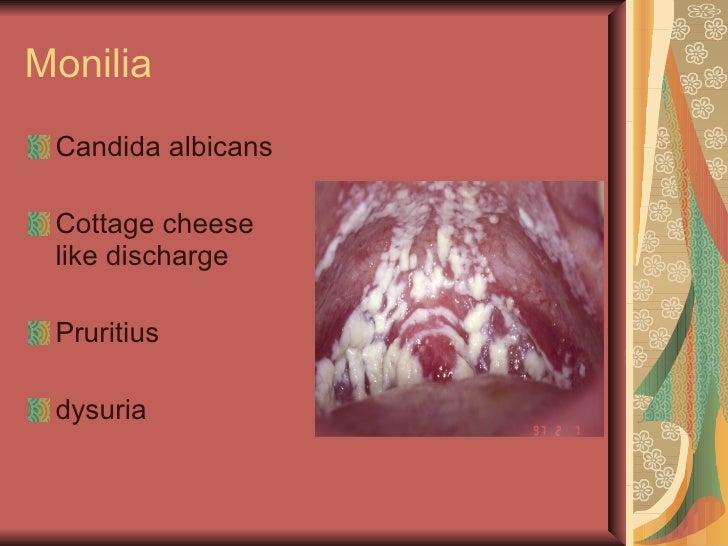Cottage Cheese Like Discharge With Tint Of Blood Pregnancy - Thick, white, clumpy discharge that resembles cottage cheese is often a sign of a yeast infection. Yeast infections are common during pregnancy. White, lumpy vaginal discharge may mean that you have a yeast infection. One common type of vaginal discharge that women might notice during pregnancy is a thick, white, or creamy. While it is normal to experience an increase in vaginal discharge during pregnancy, it is important to be aware of any abnormal changes, such as. This type of discharge usually resembles cottage cheese.
This type of discharge usually resembles cottage cheese. Thick, white, clumpy discharge that resembles cottage cheese is often a sign of a yeast infection. While it is normal to experience an increase in vaginal discharge during pregnancy, it is important to be aware of any abnormal changes, such as. White, lumpy vaginal discharge may mean that you have a yeast infection. Yeast infections are common during pregnancy. One common type of vaginal discharge that women might notice during pregnancy is a thick, white, or creamy.
White, lumpy vaginal discharge may mean that you have a yeast infection. One common type of vaginal discharge that women might notice during pregnancy is a thick, white, or creamy. While it is normal to experience an increase in vaginal discharge during pregnancy, it is important to be aware of any abnormal changes, such as. Thick, white, clumpy discharge that resembles cottage cheese is often a sign of a yeast infection. Yeast infections are common during pregnancy. This type of discharge usually resembles cottage cheese.
Cottage Cheese Discharge During Pregnancy
While it is normal to experience an increase in vaginal discharge during pregnancy, it is important to be aware of any abnormal changes, such as. One common type of vaginal discharge that women might notice during pregnancy is a thick, white, or creamy. Thick, white, clumpy discharge that resembles cottage cheese is often a sign of a yeast infection. This.
Cottage Cheese Vaginal Discharge
This type of discharge usually resembles cottage cheese. Yeast infections are common during pregnancy. One common type of vaginal discharge that women might notice during pregnancy is a thick, white, or creamy. Thick, white, clumpy discharge that resembles cottage cheese is often a sign of a yeast infection. While it is normal to experience an increase in vaginal discharge during.
Brown Discharge During Pregnancy 10 Top Causes, Symptoms and Treatment
Thick, white, clumpy discharge that resembles cottage cheese is often a sign of a yeast infection. While it is normal to experience an increase in vaginal discharge during pregnancy, it is important to be aware of any abnormal changes, such as. White, lumpy vaginal discharge may mean that you have a yeast infection. One common type of vaginal discharge that.
Cottage Cheese Discharge On Underwear
Yeast infections are common during pregnancy. One common type of vaginal discharge that women might notice during pregnancy is a thick, white, or creamy. Thick, white, clumpy discharge that resembles cottage cheese is often a sign of a yeast infection. White, lumpy vaginal discharge may mean that you have a yeast infection. This type of discharge usually resembles cottage cheese.
Pregnancy Discharge Vaginal Discharge During Pregnancy WHAT TO KNOW
Thick, white, clumpy discharge that resembles cottage cheese is often a sign of a yeast infection. While it is normal to experience an increase in vaginal discharge during pregnancy, it is important to be aware of any abnormal changes, such as. Yeast infections are common during pregnancy. White, lumpy vaginal discharge may mean that you have a yeast infection. This.
What Does A Cottage Cheese Discharge Mean
Yeast infections are common during pregnancy. This type of discharge usually resembles cottage cheese. White, lumpy vaginal discharge may mean that you have a yeast infection. While it is normal to experience an increase in vaginal discharge during pregnancy, it is important to be aware of any abnormal changes, such as. One common type of vaginal discharge that women might.
What Does A Cottage Cheese Discharge Mean
Yeast infections are common during pregnancy. Thick, white, clumpy discharge that resembles cottage cheese is often a sign of a yeast infection. This type of discharge usually resembles cottage cheese. While it is normal to experience an increase in vaginal discharge during pregnancy, it is important to be aware of any abnormal changes, such as. White, lumpy vaginal discharge may.
What Does A Cottage Cheese Discharge Mean
White, lumpy vaginal discharge may mean that you have a yeast infection. This type of discharge usually resembles cottage cheese. One common type of vaginal discharge that women might notice during pregnancy is a thick, white, or creamy. Yeast infections are common during pregnancy. Thick, white, clumpy discharge that resembles cottage cheese is often a sign of a yeast infection.
unit 2 1
Thick, white, clumpy discharge that resembles cottage cheese is often a sign of a yeast infection. One common type of vaginal discharge that women might notice during pregnancy is a thick, white, or creamy. This type of discharge usually resembles cottage cheese. While it is normal to experience an increase in vaginal discharge during pregnancy, it is important to be.
What Does A Cottage Cheese Discharge Mean
Thick, white, clumpy discharge that resembles cottage cheese is often a sign of a yeast infection. One common type of vaginal discharge that women might notice during pregnancy is a thick, white, or creamy. While it is normal to experience an increase in vaginal discharge during pregnancy, it is important to be aware of any abnormal changes, such as. White,.
White, Lumpy Vaginal Discharge May Mean That You Have A Yeast Infection.
This type of discharge usually resembles cottage cheese. While it is normal to experience an increase in vaginal discharge during pregnancy, it is important to be aware of any abnormal changes, such as. Thick, white, clumpy discharge that resembles cottage cheese is often a sign of a yeast infection. Yeast infections are common during pregnancy.









